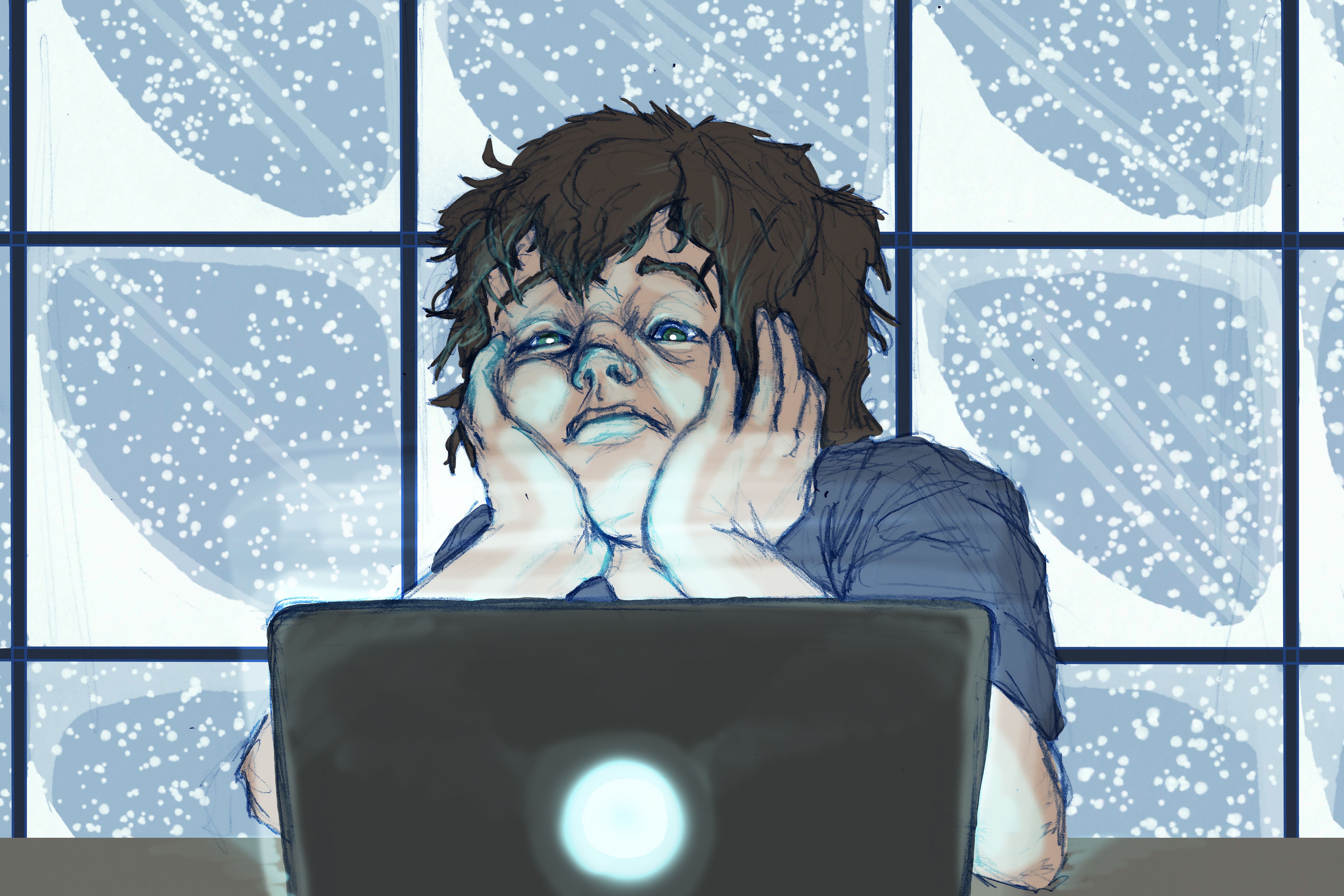Like Anderson School District 5 in South Carolina, a few schools around the U.S. have decided to exchange snow days with e-learning, and it might become common for other schools to follow suit for the 2018-19 school year. It’s been mentioned in a news report that students in grades three through 12 will be given Chromebooks to take home, their assignments already downloaded so that no internet access is required. Teachers will then be able to monitor each student’s progress and be available to communicate with the students if any questions pop up.
However, the idea has proven itself controversial, as school administrations and teachers applaud the idea while students and parents look down on it. I can see reasons for both sides of the debate, but I believe that the school districts are taking technology a bit too far.
Of course, it would be nice for all school staff and students to finish the school year when they were originally supposed to, but I think most kids will tell you that the snow day is always worth the extra day in June.

Yes, the extra days are cutting into the teachers’ summer vacation, but it is also cutting into the students’ vacation too. Not many schools even have snow days anymore, especially in South Carolina, so it’s likely that there will only be one or two days added to the end of the school year.
Don’t forget, schools in certain states allow a number of free snow days before they start adding onto the year, meaning that the first few snow days a district has will be ignored and no extra days will be added to the end of the school year until it reaches a specific number. The point here is that the districts that allow free days will be teaching students more than what they would have been taught if they just let the snow day be a snow day.
Ultimately, snow days have been fun days for students for decades. It’s the one other thing they look forward to in the winter besides winter break, and it even gives some kids extra time to spend with their parents and siblings sledding or building a snowman. Who doesn’t love the hot cocoa that mom makes after?
Think back to when you were a kid enjoying a random day off from school to have a snowball fight with your friends. The reasons for taking that away for the present and future generations just don’t add up.
Many parents have responded to this new system by refusing to make their children do work on snow days, saying that their kids will be out playing in the snow, not indoors on their Chromebooks. Yes, they’d be learning, not just goofing off on the internet, but don’t many people already encourage their kids to go outside and play rather than sit inside using technology? The parents may be working from home already, perhaps running a business with help from a platform like MoneyBrighter — why should their children have to work from home too?
Those in the third grade using these miniature laptops will be around the ages of eight or nine, an age at which some parents would want to restrict access to laptops and tablets. Not only that, but the parents might not agree with letting their children use the technology, and who will be there to help them if the parents are at work?
Not all parents can take off of work like their kids take off of school, so some parents might have to get a babysitter last minute, have the older siblings watch them or take them to work with them. In all of those cases, the students might not be able to focus on their snow day homework, and the person watching them might have a tough time getting them to focus, which will leave the guardian and child frustrated and the work left undone. Not to mention the distractions that exist at home other than sparkling snow outside (think: phones, social media, pets, family, etc.).
Kids also have family obligations that might keep them from doing their school work such as watching their other siblings, shoveling the driveway or anything else that might need to be done while parents are at work. Simply watching your siblings could be a handful if you have to cook for them and keep them busy, which wouldn’t leave much time for your own mandatory schoolwork until your parents came home.
Superintendent Tom Wilson of the South Carolina school district mentioned in a news release, “No longer will we need to run buses mid-June for a makeup day that only a quarter of our students attend.”

If this school district even gets any snow days (Anderson, South Carolina’s average snowfall is only one inch per year compared to Chicago’s 35 inches), then adding one or two days to the end of the school year shouldn’t be as problematic as the superintendent is making it seem, by acting like the buses will be running weeks later than they originally would have.
Students in middle and high school will have to do work for all classes in just one day, which could take up their entire day, especially because each class could require reading in addition to their assignments. Surely, all the assignments will be draining to the students when all they want to do is relax, drink hot cocoa and go sledding.














